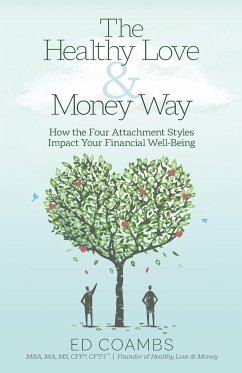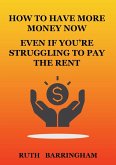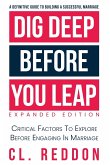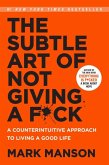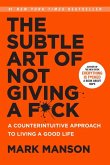We learn countless ideas from our families about money. Many of them are caught and not taught. The Healthy Love & Money Way shows how our attitudes about ourselves, relationships, and money evolve from our past experiences and the attachment styles we developed as children. If you are having money fights with your significant other today, those arguments may be connected to unresolved issues from the past or methods of survival that are no longer relevant to present life. Using the latest in love and brain science, as well as anecdotes from his own evolution from an insecure attachment style to a secure one, Ed Coambs shows how healthy love and money can be achieved no matter your starting point.

